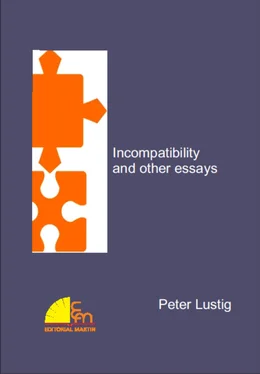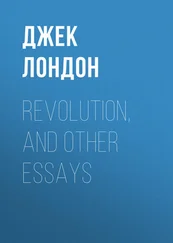The trouble with this waiting game is that, although it can be expected to work reasonably well under fairly stable conditions, this would not hold true in intensely divided societies with an outsize underclass. So, if democracy is going to work only in one direction, it is not going to work at all for a large minority that may, in fact, become a plurality at a given point - as more and more people drop out from the middle class -, even if it happened after the votes had been counted.
Upon closer observation, though it ought to sound unrealistic to propose qualifying the vote, to grant those that contribute the most to public revenue and employment a reasonable chance at election time, the notion – taken over from business practice – that obtaining only 51% gives one party the right to run things, leaves almost no chance for the minority to have a say in decision-making. This goes clearly against minority representation. The way things are understood, at present, this is not likely to be taken into account. Once again, the situation lends itself to be regarded as indicative of incompatibility.
Whenever a voter is obliged to pick a candidate, only to reinforce the opposition against somebody even less desirable, democracy is being made use of by default and not out of conviction. A compromise of this sort might help the system to regain its balance and, in the long run, it could perhaps ensure its continuity, even though it would be focusing on some sort of middle course, not exactly a choice. If such an arrangement were tolerable to all parties, that would mean that democracy may have a chance to work. But one would hardly be in a position to tell, before the election returns were in. At best, democracy might be portrayed as a possibility, which does not amount to all that much, in view of the stakes, involving patrimony, personal freedom and political rights. Since major changes, including constitutional reform, call for a two thirds majority (or a political agreement to set up a constitutional congress), one thing that is practically certain is that no such changes or reform will take place upon the initiative of a simple majority. Which confirms the general precept that a formal legal code exists for the preservation of an on-going state of affairs, tantamount to conservatism. Therefore, every time a populist makes a sweeping change, within the established system, it gives the impression that they are out to wreck it, in the whirlwind of “revolution”. Once again, the citizen is overwhelmed by the feeling that he is up against incompatibility.
Конец ознакомительного фрагмента.
Текст предоставлен ООО «ЛитРес».
Прочитайте эту книгу целиком, купив полную легальную версию на ЛитРес.
Безопасно оплатить книгу можно банковской картой Visa, MasterCard, Maestro, со счета мобильного телефона, с платежного терминала, в салоне МТС или Связной, через PayPal, WebMoney, Яндекс.Деньги, QIWI Кошелек, бонусными картами или другим удобным Вам способом.












